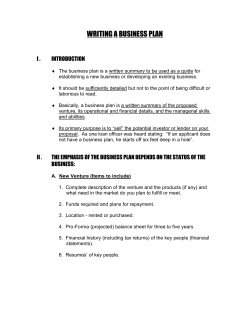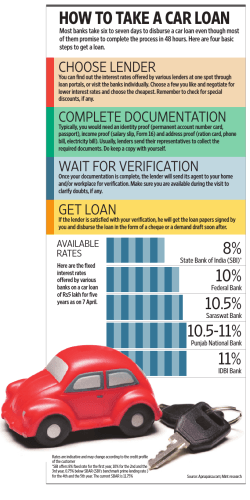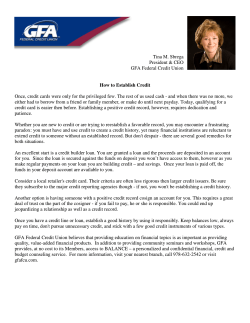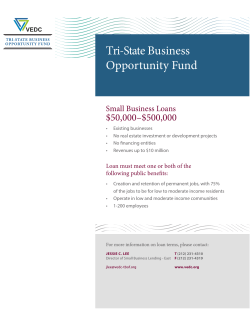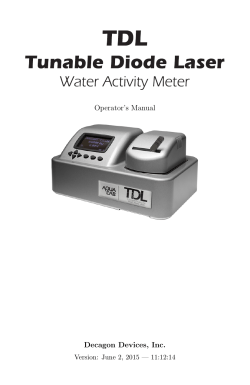
Energy Savings Insurance - The Global Innovation Lab for Climate
Energy Savings Insurance E nergy efficiency upgrades can make small and medium-sized businesses (SMEs) in developing countries more competitive and more productive, saving them money while reducing their emissions of harmful greenhouse gases. However, the market for such upgrades is typically limited to those with very short payback periods, such as lighting. This is particularly true for some developing countries and sectors. For example, in the SME sector, SMEs and local banks often lack both the technical capacity to assess the potential of more capital-intensive energy efficiency investments and the confidence that they will pay back, starving the sector of investment. Energy Savings Insurance aims to address these investment barriers by paying out if the projected value of energy savings is not met. The Lab’s analysis shows that the instrument can absorb up to 80% of this underperformance risk. Energy Savings Insurance ensures the financial performance of energy efficiency savings projects. The pilot in Mexico is underway, and the challenge now is to replicate this instrument in additional sectors and regions. The Inter-American Development Bank is implementing the pilot with local partners through funding from the Clean Technology Fund and the Danish Energy Agency. Replicated on a global scale, Energy Savings Insurance can drive USD 10100 billion in investment and provide annual emission reductions of 27-234 MtCO2 by 2030. The Inter-American Development Bank is also expected to pilot the Energy Savings Insurance in additional Latin American and Caribbean countries and sectors through a proposed regional Energy Savings Insurance Facility. The facility will need USD 16.9 million in donor support to expand to an additional seven countries, sectors, and pilots. The proponent and implementing entity are also exploring partnerships with other agencies to replicate Energy Savings Insurance in China, India, Indonesia, and Africa, all of which show substantial market potential for the instrument. If implemented in all relevant developing countries, the ESI would drive USD 10-100 billion in investment and provide annual emissions reductions of 27-234 MtCO2 by 2030. A pilot of the Energy Savings Insurance instrument is moving ahead in Mexico with a target to stimulate USD 25 million of investment in 190 energy efficiency projects in the agro-industry sector through 2020. ClimateFinanceLab.org DESIGN The main components of the instrument are an insurance and package of complementary measures (see figure below). • Standardized contracts to reduce transaction costs, including a clause transferring part of the risk of underperformance to the technology solution provider Technology solutions providers will purchase the insurance to back their contractual guarantees to their SME clients on the performance of their energy efficiency products. • Third party verification to ensure the quality of energy service providers and their projects • Credit lines from development banks, which could provide long term capital, reducing the cost of financing projects A package of complementary measures will address other barriers to investment such as technical capacity and access to capital. Measures include: SMALL & MEDIUM ENTERPRISES (SMEs) 1 PERFORMANCE CONTRACT Equipment & services TECHNOLOGY SOLUTION PROVIDERS Verification LOCAL VERIFIER •project & provider validation •project construction verification •verify reports during operation 2 VERIFICATION & VALIDATION PROCESS • Grant support to sustain market demand Upfront payments & performance fees Premium 4 CREDIT LINE Loan Repayment Coverage Loan LOCAL FINANCIAL INSTITUTIONS (LFI) LOCAL INSURER Premium Coverage Credit Line RE-INSURERS Loan Repayment ADDRESSED WITH: Shortage of technical capacity to evaluate EE investment 2 Uncertainty of returns 1, 2, 3 Lack of access to external capital 1, 2, 3, 4 NATIONAL DEVELOPMENT BANK (FIRA) 3 INSURANCE BARRIER FOR SMEs: Coordinates verification process Loan Repayment Grant Loan MULTILATERAL DEVELOPMENT BANK (IDB) Grant DONORS (DEA, CTF) ABOUT THE LAB The Global Innovation Lab for Climate Finance is an initiative that supports the identification and piloting of cutting edge climate finance instruments. It aims to drive billions of dollars of private investment into climate change mitigation and adaptation in developing countries. Analytical and secretariat work of The Lab has been funded by the UK Department of Energy & Climate Change (DECC), the German Federal Ministry for the Environment, Nature Conservation, Building and Nuclear Safety (BMUB), and the U.S. Department of State. Climate Policy Initiative serves as The Lab Secretariat. ClimateFinanceLab.org
© Copyright 2026

